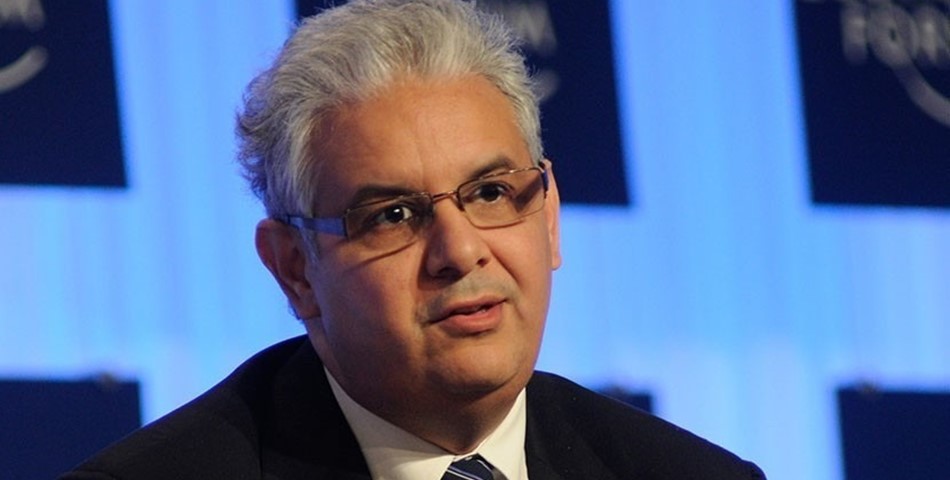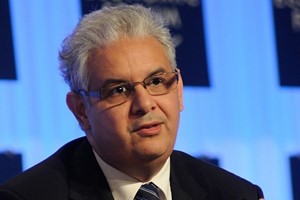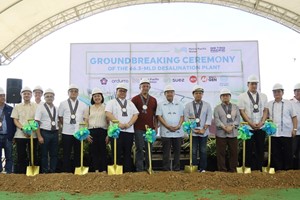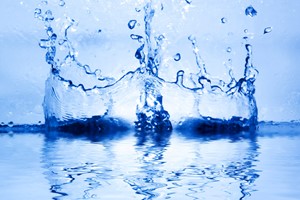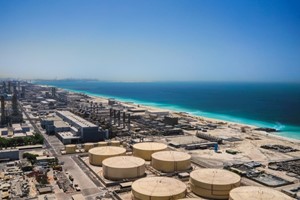Morocco's Minister of Infrastructure and Water, Nizar Baraka, emphasized the continued importance of water desalination in addressing the structural water deficit exacerbated by global warming.
Baraka stated on Tuesday that, by 2030, 50% of the country's drinking water supply will come from desalination. The government has devised a plan to construct multiple desalination plants with the aim of achieving a production level of 1.4 billion m3 by that target year.
Baraka specified that OCP (Office Cherifien des Phosphates) will be tasked with desalinating 560 million m3, with 500 million m3 allocated for agricultural purposes and the remaining volume intended for supplying drinking water to citizens.
The government's strategy involves establishing desalination plants in coastal towns through a public-private partnership, ensuring these areas do not rely on dam water, which will be reserved for meeting the needs of inland towns, rural areas, and irrigation.
To address water stress, the government has adopted a solidarity-based approach between coastal and inland towns. This includes extending drinking water supply channels to alleviate pressure on dams, redirecting water resources to inland regions, rural communities, and the agricultural sector.



